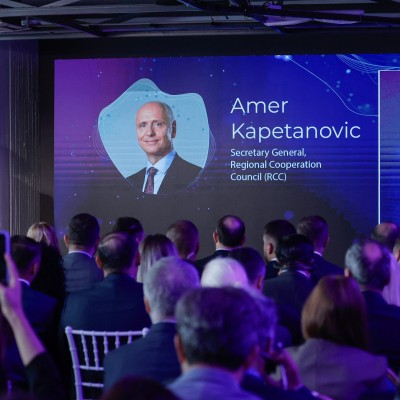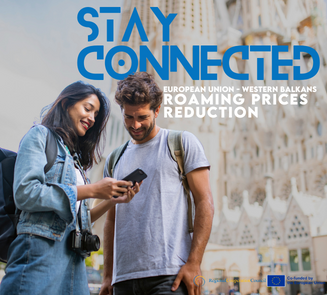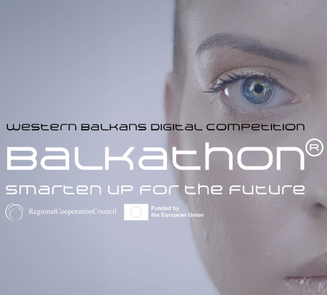Embarking on a journey towards digital integration, the Western Balkans is diligently working to align itself with the pan-European digital framework. These initiatives, designed to harmonize with EU Digital Single Market (DSM) policies, are geared towards eliminating impediments to digital technology development, bridging connectivity gaps, and advancing e-service accessibility for the region's citizens.
The region has taken significant strides, exemplified by the introduction of the Roam Like At Home (RLAH) regime in WB, reduction of data roaming charges between the WB and EU and six successful WB Digital Summits. While substantial progress has been made across various policy domains, challenges persist, demanding sustained attention. The need for enhanced digital infrastructure, expanded e-service usage, interoperability, harmonization with EU standards, improved cybersecurity, and the integration of cutting-edge technologies remains paramount. Despite dedicated efforts to promote digital upskilling, two-thirds of the population lacks basic digital skills, emphasizing the urgency for continued skill development initiatives.
The fragmented nature of the digital market in the Western Balkans necessitates concerted actions. The focus includes further reduction of roaming charges between the WB and EU, supporting fixed broadband infrastructure deployment and spectrum developments, continuation of support to digital excellency through Balkathon competition, strengthening digital skills, improving e-service delivery, and enhancing regional cyber resilience. Ongoing collaboration with regional institutions and telecommunication operators, aiming to create a better business environment in the telecom sector and active participation in EU initiatives are essential components of these endeavors.
The activities underpinning the regional digital transformation are geared towards aligning with the DSM, DAWB, and CRM frameworks. By fostering regional cooperation, and fortifying digital capabilities, the Western Balkans strives to bridge the digital divide and come closer to the EU.







